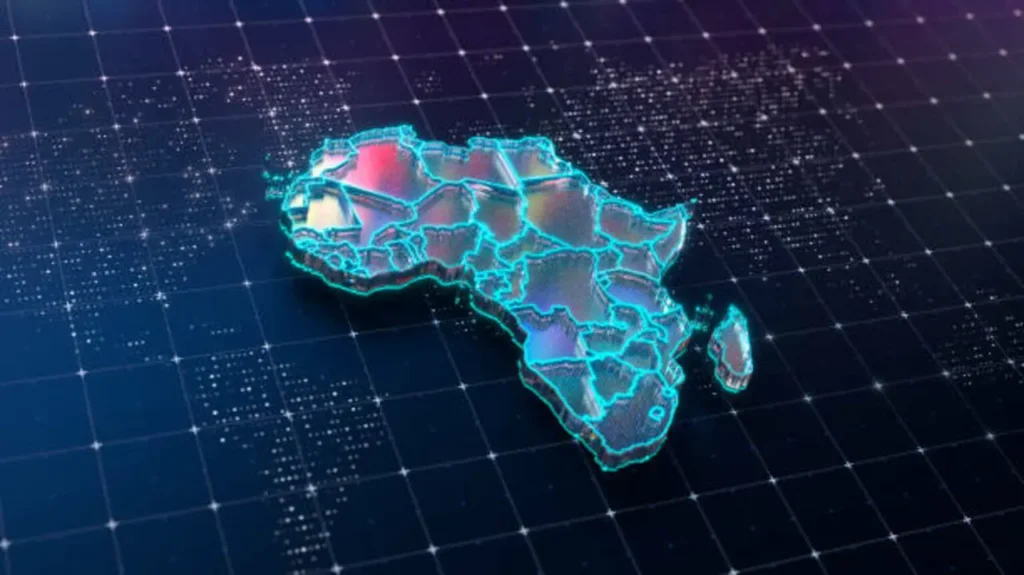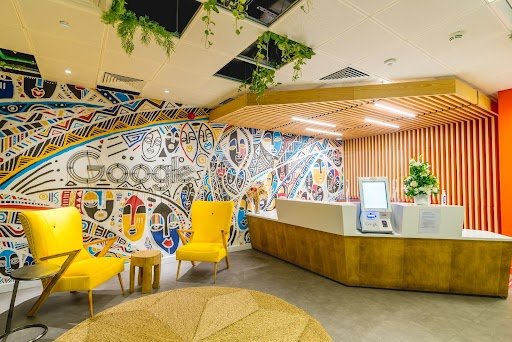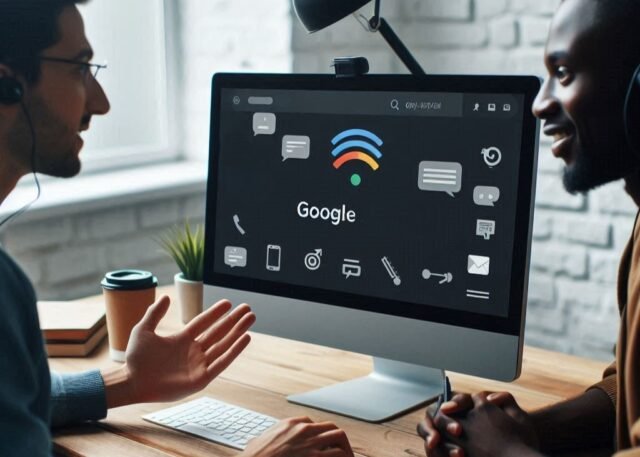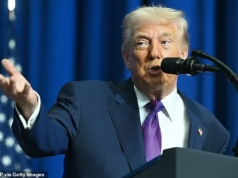Google has announced a fresh wave of initiatives designed to expand AI access for Africa’s youth, building on years of investment in connectivity and digital infrastructure. With Africa home to the world’s youngest population—expected to rise to over 830 million by 2050—the tech giant says its focus is to ensure young Africans are not left behind in the global AI revolution.
This development is more than a technology upgrade; it’s about empowerment, bridging inequality, and preparing a new generation of problem solvers.
Table of Contents

Strengthening Africa’s Connectivity Backbone
Google’s presence in Africa’s connectivity journey is not new. The company began investing in undersea fibre optic cables as early as 2006, and has since stepped up its role in delivering large-scale infrastructure across the continent.
One of its landmark projects, the Equiano subsea cable, running along Africa’s west coast, has already boosted internet speeds and reduced costs in countries like Nigeria, Namibia, and South Africa. Analysts estimate that Equiano alone could add billions of dollars to regional GDP over the next decade.
Now, Google is building four new subsea cable hubs, spread across northern, southern, eastern, and western Africa. These hubs are intended to function as digital corridors, making connectivity more reliable and resilient. Combined with initiatives like the Umoja fibre route—which connects Africa directly to Australia through Kenya, Rwanda, and South Africa—the plan forms part of Google’s broader Africa Connect programme.
These infrastructure projects have already opened doors for millions: over 100 million Africans have gained internet access thanks to improved networks, according to Google. The ambition now is to push connectivity further, particularly to underserved areas where young people often face barriers to digital inclusion.

AI Tools for Students and Innovators
Connectivity alone doesn’t close the digital divide. Access to tools is just as critical. That’s why Google is rolling out a free one-year subscription to Google AI Pro for university students aged 18 and above in eight African countries: Egypt, Ghana, Kenya, Morocco, Nigeria, Rwanda, South Africa, and Zimbabwe.
Google AI Pro features include Gemini 2.5 Pro, Deep Research, and Guided Learning—designed to help students with homework, research, coding, and content creation. These tools give young Africans access to the same advanced AI resources available to students in wealthier nations.
For Nigerian students, who often juggle large class sizes and limited academic resources, AI Pro could be a game-changer. It offers personalised support, faster access to knowledge, and opportunities to experiment with creative ideas that may grow into businesses or community solutions.
The bigger picture is avoiding an AI divide—a situation where wealthier nations use AI to accelerate development while Africa falls behind. By democratising access, Google is betting on Africa’s youthful energy and creativity to drive innovation.
Building Skills and Local Capacity
Beyond access, Google is working to make sure young Africans know how to use these tools effectively. Over the past few years, the company has trained more than 7 million Africans in digital and technical skills. By 2030, it aims to train an additional 3 million students, educators, and entrepreneurs.
Google has also committed over $17 million in grants, computing resources, and model access to African universities and research institutions in the last four years, with another $9 million set aside for the next year. These investments are targeted at sectors like agriculture, health, disaster response, and education—areas where AI can have a direct social impact.
Language is another key focus. To make AI useful for more people, Google has expanded its Translate platform with over 110 new languages, including more than 30 African ones. Plans are in motion to grow open datasets and speech recognition tools for at least 50 African languages.
This inclusivity matters because Africa’s digital journey cannot be built on English and French alone. For rural students who primarily speak Hausa, Yoruba, Swahili, or Zulu, tools that understand and respond in their mother tongue will make technology more meaningful and less intimidating.

A Future Powered by African Youth
Google’s vision is bold: by 2030, it hopes to impact 500 million Africans with AI-driven innovations. The goal is not just faster internet or better tools, but empowering local communities to develop solutions for African problems.
Imagine Nigerian students using AI to design affordable health diagnostics, Kenyan farmers applying AI forecasts to manage climate risks, or South African entrepreneurs building AI-powered apps for township economies. These possibilities are not far-fetched—they’re becoming achievable as infrastructure, training, and access converge.
Of course, challenges remain. Internet affordability, electricity supply, and regulatory uncertainties could slow progress. But if Google’s initiatives are matched by strong government policies and local innovation ecosystems, Africa’s youth could transform into global leaders of AI development.
At its core, this is about giving young people a seat at the table of the digital future. And with Africa’s youth population set to double in a generation, the stakes could not be higher.
Join Our Social Media Channels:
WhatsApp: NaijaEyes
Facebook: NaijaEyes
Twitter: NaijaEyes
Instagram: NaijaEyes
TikTok: NaijaEyes
READ THE LATEST EDUCATION NEWS





